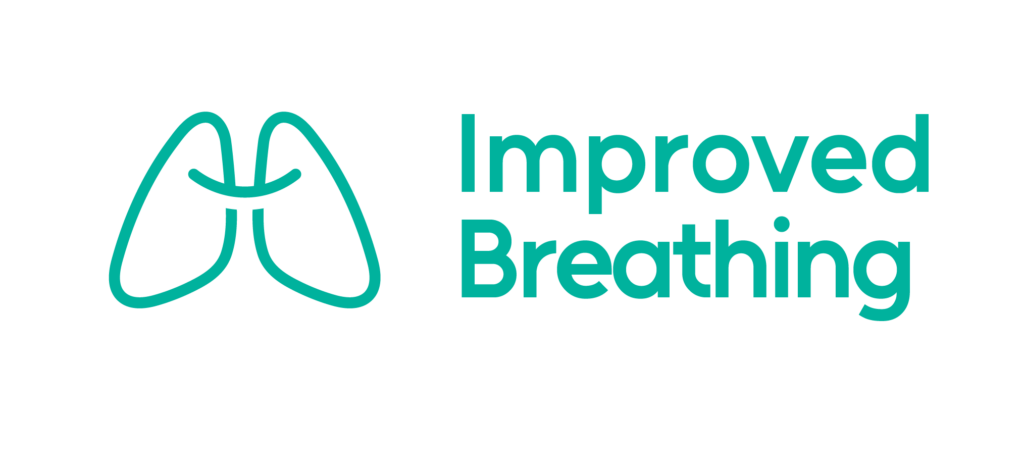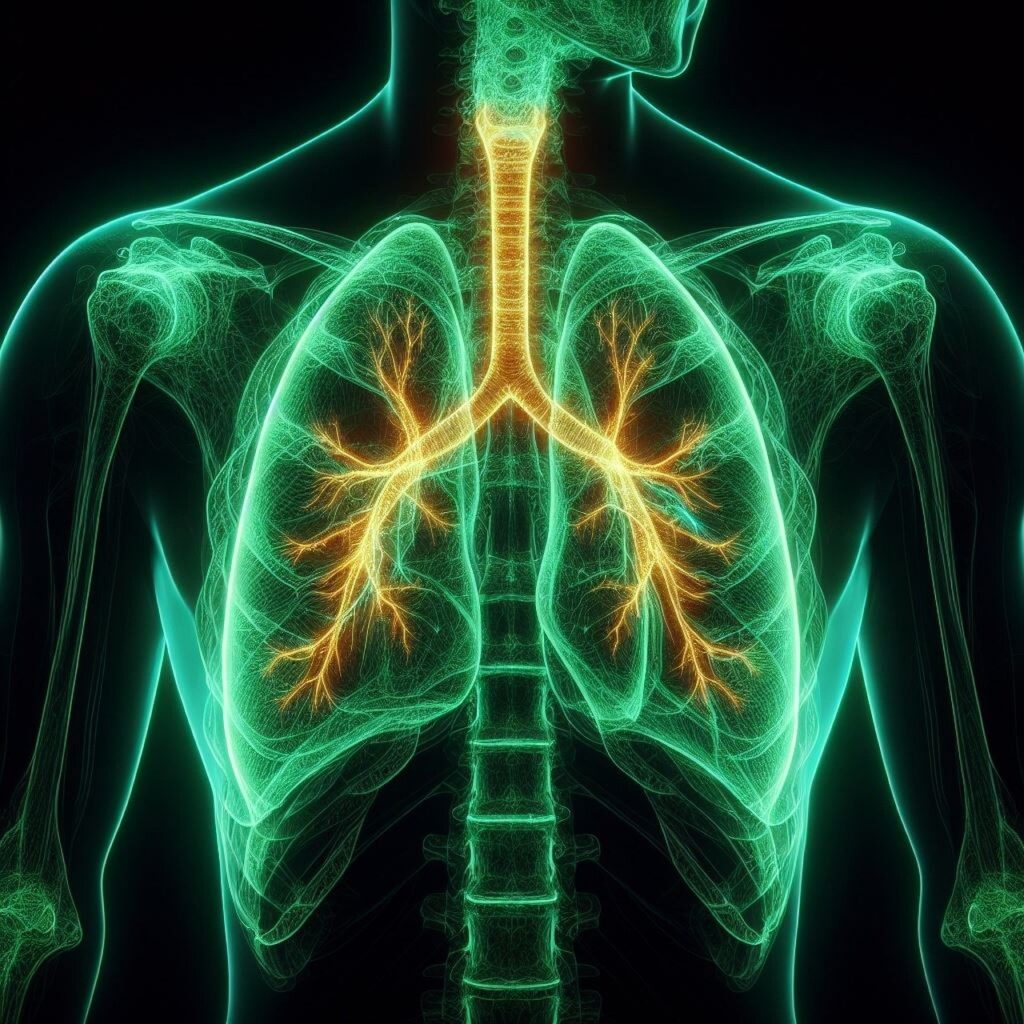Oxygen is essential for life, and its importance extends beyond the respiratory system. For people living with long-term lung conditions such as Chronic Obstructive Pulmonary Disease (COPD) and Emphysema, maintaining adequate oxygen levels is crucial not only for breathing but also for overall health, including the digestive system.
The Link Between Oxygen and Digestive Health
The digestive system relies on a steady supply of oxygen to function properly. Oxygen is necessary for the production of energy in the cells lining the digestive tract, enabling them to carry out their critical functions such as nutrient absorption and waste elimination.
When oxygen levels in the body are low, as is often the case in individuals with COPD and Emphysema, the digestive system may not receive the oxygen it needs to work efficiently.
Consequences of Low Oxygen on Digestive Health
Insufficient oxygen supply to the digestive system can lead to various complications. One common issue is inflammation of the gut lining, which can cause symptoms such as abdominal pain, bloating, and diarrhea.
Additionally, low oxygen levels may hinder the absorption of essential nutrients, leading to malnutrition and further exacerbating existing health problems.
Moreover, research has shown that people with COPD and Emphysema are more likely to experience gastroesophageal reflux disease (GERD), a condition in which stomach acid flows back into the esophagus.
This may be due to the increased pressure on the abdomen caused by difficulty in breathing, as well as the effects of low oxygen on the muscles that control the lower esophageal sphincter.
Managing Oxygen Levels for Better Digestive Health
For individuals with COPD and Emphysema, maintaining adequate oxygen levels is key to promoting digestive health. This can be achieved through proper use of prescribed oxygen therapy, which helps ensure that the body, including the digestive system, receives the oxygen it needs to function optimally.
In addition to oxygen therapy, adopting a healthy lifestyle can also support digestive health. This includes eating a balanced diet rich in fiber, staying hydrated, and engaging in regular physical activity as tolerated. Managing stress and quitting smoking are also important steps in promoting overall well-being.
Working closely with healthcare professionals, including pulmonologists and gastroenterologists, can help individuals with COPD and Emphysema develop personalized treatment plans that address both respiratory and digestive health concerns.
Final Words
Oxygen plays a vital role in maintaining the health of the digestive system, especially for those living with long-term lung conditions such as COPD and Emphysema. By prioritizing oxygen therapy and adopting a healthy lifestyle, individuals can support their digestive health and improve their overall quality of life.
Remember, taking care of your lungs means taking care of your entire body, including your digestive system.














